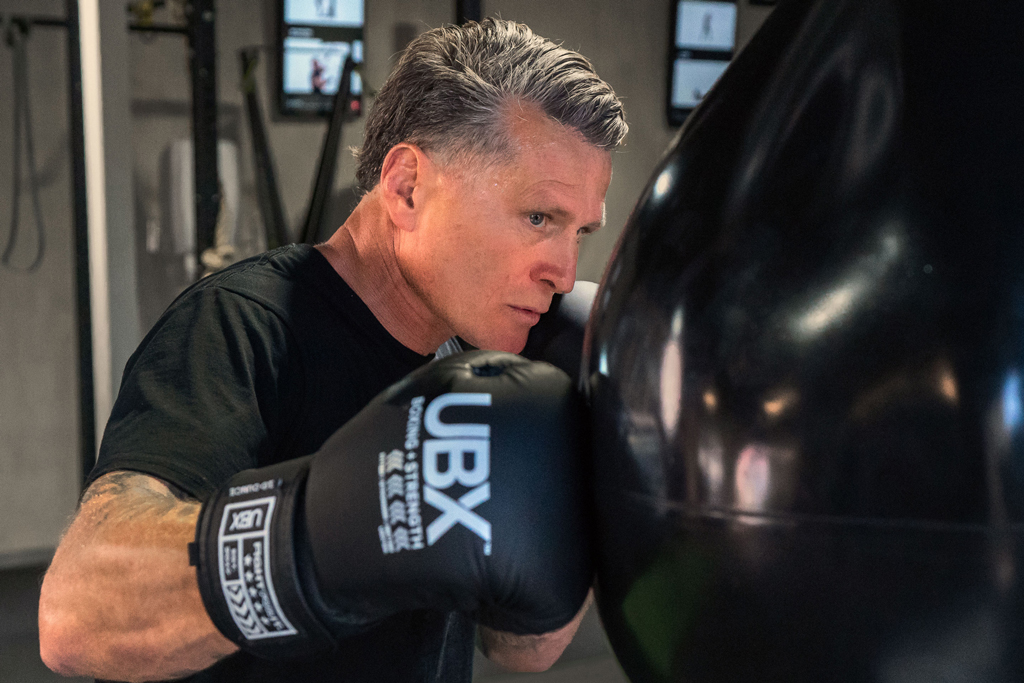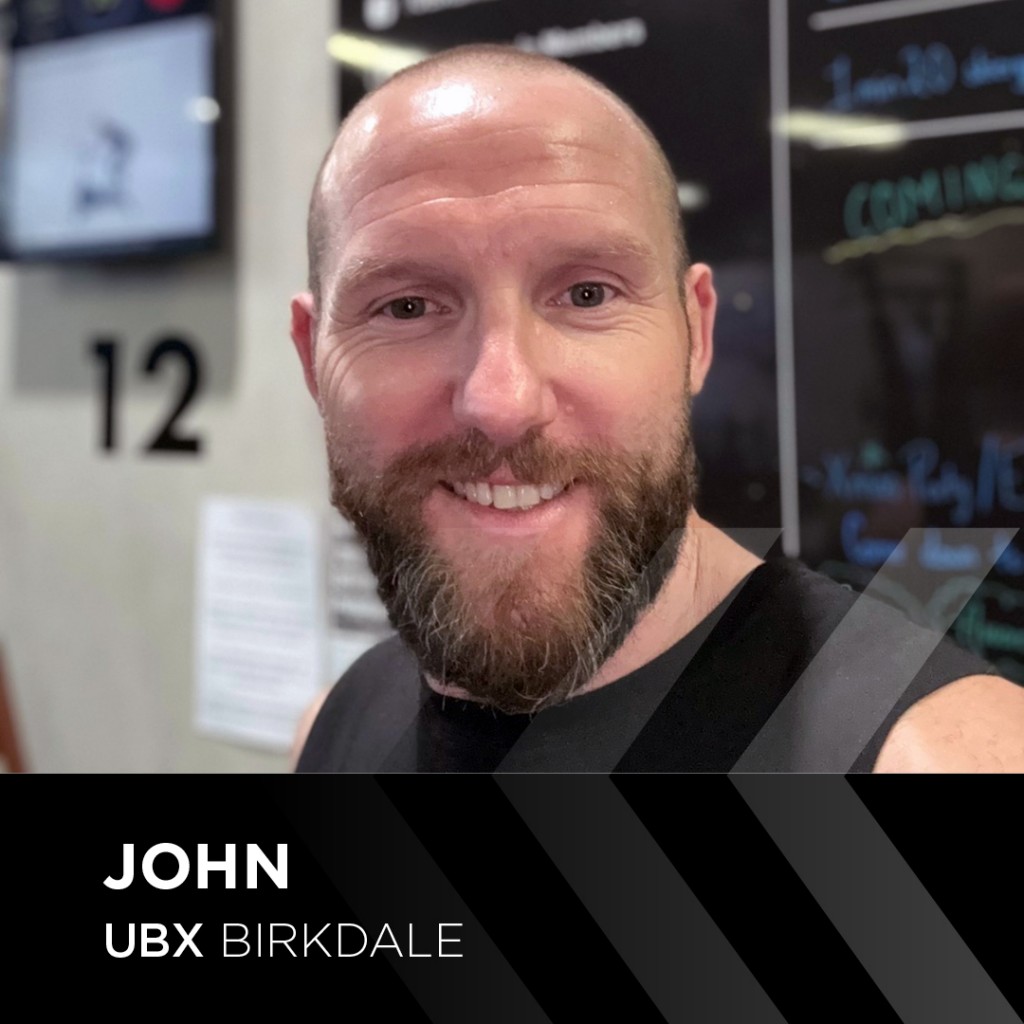Losing weight, dropping body fat or gaining muscle mass can often feel like a challenging feat.
With so much information available, something quite simple can easily become complicated, daunting and confusing. With no shortage of fad diets continually bombarding the industry, it is no wonder that we can feel perplexed with which path and strategy to take. That dream physique can often feel like an unattainable target. So whether your goal is weight loss, muscle gain or body fat loss there is a formula to help you get there. So lets dive into the facts and begin to understand the key considerations that are of greatest importance when it comes to sculpting your physique.
We have all heard the basic principle of energy in verses energy out and recognise that in order to lose weight you need to consume less energy (food and drink) than you expend. Therefore, in order to gain weight, you need to consume more energy than you expend. We ingest energy through food and drink and we expend energy when we are physically active and also when we are at rest (thanks to our basal metabolism and our muscle mass composition). So, whichever your goal, know that it can be controlled by one prominent concept, energy in or energy out.

Calculate your individual requirements
When it comes to losing and gaining weight, the first step is to establish your daily energy needs. From here you can uncover an estimation of how many calories you should be consuming on a daily basis. This will vary from person to person, and can be found through online calculators like this Australian Government calculator. By sticking to the main government sites, you will ensure that you are getting the most accurate and evidence-based guidelines.
These calculators will give you an indication of what your daily maintenance calories will be. From here, you can either place yourself in a calorie deficit (eating fewer calories than your maintenance calories) or calorie surplus (eating more calories than your maintenance calories) dependent on your goal.
What is your body composition goal?
If your goal is dropping body fat, know you are not alone. Every year hundreds of thousands of individuals hit the gym hoping to do exactly this just through their exercise. Even though this is a key part of dropping body fat, there is more to the story. This goal differs from merely dropping weight as it is more specific and requires a greater focus on certain macronutrients. Body fat loss can be considered a fine art, as often the aim isn’t always so focused on weight loss, it is more-so a balancing act of maintaining muscle mass whilst dropping body fat from your frame.
Body Fat Loss
When it comes to body fat loss, energy intake (calorie intake) is the most important factor. You firstly need to ensure you are eating within a calorie deficit. The next is to ensure you are consuming adequate protein throughout the day and prioritising this macronutrient. This will help with fullness whilst in a deficit and will aid with muscle synthesis, repair and retaining your current muscle mass. Then consider your carbohydrate intake and timing. Aim to predominantly consume most of your carbs around your workouts, this will fuel your sessions and ensure you have adequate energy when needed most.
Carbohydrate refuelling also replenishes the glycogen lost through training and leaves you with adequate stores for your next session. Removing the majority of processed foods from your diet will help with fat loss as these foods generally have a low satiety (fullness) index and often have high energy content. Finally, increasing the amount of fibre and water you consume as this will help to keep your gut healthy, give you an abundance of nutrition, decrease your hunger and keep your body and bowels moving optimally.
Gain Lean Muscle
If your goal is to gain lean muscle mass and increase your strength then you will need to increase your energy intake and team this with a specific resistance training program.

Higher intake of energy, protein and carbohydrates are the key nutritional requirements for muscle mass gains.
Dietary protein ingestion needs to be increased and timed throughout the day to assist with muscle repair and new muscle synthesis. It is important to note that protein quantity and timing of consumption are major factors in new muscle growth. Having around 20g of protein every 3 hours is ideal for increasing muscle mass.
Make time for recovery
Recovery is also a key piece to this puzzle as when you sleep, blood flow increases to your muscles, which stimulates muscle and tissue repair. Often people want to gain muscle mass whilst losing body fat, yet this can be difficult as both of these goals have different nutritional requirements. Supplements are often factored into a muscle gain plan as they offer convenient nutrition and a fast supply of energy. This can be helpful for those trying to ingest large amounts of energy, carbs and protein throughout the day. Some helpful supplements may be protein powders, creatine and carb powders.
Develop a mindful approach
With all of the above physique goals and outcomes, it is important to remember that awareness of your nutritional habits is the first step. Recognising what you do on a daily basis helps you identify your current patterns when it comes to nutrition. Whether that be prioritising your protein intake, reducing your processed food intake, adding more fibre to your diet, sandwiching carbs around your training or aiming for a daily energy goal. The above strategies will help to guide you towards your goals.
There are many tracking apps available to help you monitor and track your daily food choices (Such as My Fitness Pal or Easy Diet Diary). However, nutrition does not have to feel like a maths equation, a daily calorie counting ritual or another set of rules that you have to live by. By educating yourself on what your body needs and when, you can learn how to portion out meals suitable for you and your physique goals. With this being said, it is important to continually be learning about nutrition, what your body needs and what foods are on the market today.
By learning about energy, macronutrient prioritisation and nutrient timing, you will have a leg up when it comes to your results. When your nutrition is on track and tailored towards you and your goals, you will have more energy, you will perform better in the gym, you will sleep better, recover faster and be much happier with the person looking back at you in the mirror.








